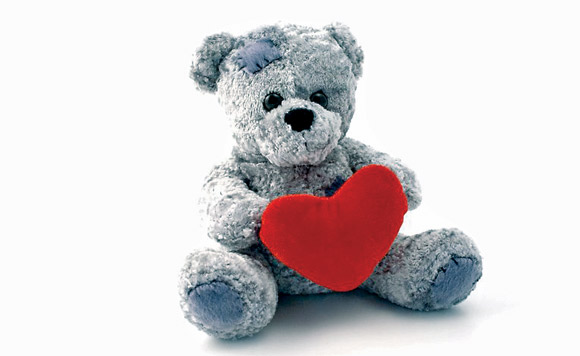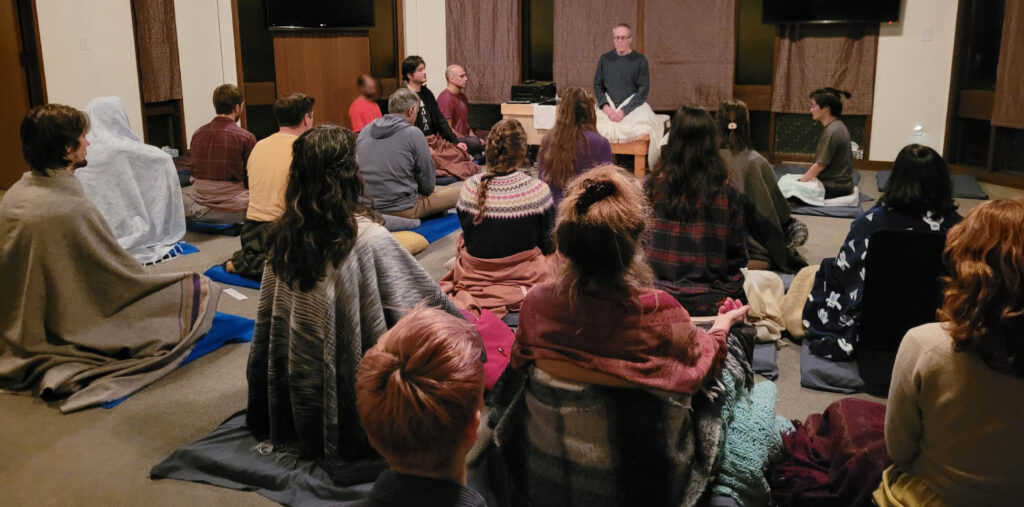– by Trysh Ashby-Rolls –
My mother was born on December 13, 1914, in a boarding-house somewhere behind Paddington Station, London, where she worked as the housekeeper. Her father, a naval commander at the Battle of Jutland, took his tiny daughter home to his family in Yorkshire, explaining her as another of his “little scrapes.” Considered a “bad seed,” the family sent her to boarding school at age five. What followed in the eighty-four years of her life didn’t get much better. There were a few highlights, one her twenty-first birthday when my father, a wealthy aristocrat but not someone to write home about, gave her a teddy bear. That old bear sits doubled over with age on a shelf in my living-room with six other bears and seventy year-old Happy, a rabbit badly in need of a makeover. Old Ted’s face is patched to stop his sawdust stuffing from spilling out and his fur has gone, well-loved over nearly eight decades of comfort and play.
One rainy day five years ago Old Ted and I made a picnic with my granddaughters. Invited guests included a bevy of stuffies, each sporting a hat made from assorted socks the children had gathered. Dolls’ tea sets were called into service, cupcakes and sandwiches carefully prepared, teapots filled with juice, and I taught them the ‘Teddy Bears’ Picnic’.
Written in 1907 with lyrics added in 1932, my father played me the 78 rpm record on his wind-up gramophone when I was little. The ‘Dicky Bird Hop’ was on the other side. He owned all the records from the original soundtrack of Snow White, my favourite being Some Day My Prince Will Come. Yet the song I loved best I found at Aunt Pooh and Aunt Olivia’s.
My little sister and I were sent to stay with the elderly aunts during my parents’ divorce in 1948. They kept rabbits, a vegetable garden and a record of Harry Lauder’s song ‘Keep Right on to the End of the Road’ sung by Kenneth McKellar. It was one of many songs popular during the 1940s that helped England through WW2, the Battle of Britain and the London Blitz. It helped me through a very difficult time. I still remember the words and the tune. Singing it still gives me solace and strength.
Teddy bears do the same thing. In psychological parlance they’re often referred to as “transitional objects” bringing comfort in times of stress.
In 2010 I stayed at a bed and breakfast in Berwick-on-Tweed, on the border between England and Scotland. At the top of the gorgeous spiral staircase in the eighteenth century house is a locked room. It contains four hundred teddy bears. Yes, you read correctly: FOUR HUNDRED. The largest is about four feet tall, the smallest about the size of a thumbnail. Once upon a time the B&B owner had a business trading in teddy bears. She brought the left-overs with her.
While recovering from surgery for breast cancer she spent a lot of time in that room with her bears. She didn’t talk to them, she just sat with them until she was strong again and able to move ahead in her life.
For some people the holidays surrounding Christmas, Hannukah and Kwanza are difficult – for a variety of reasons. So here’s an idea to get through to New Year. First, visit the Christmas Teddy Bear Extravaganza in Sidney. Then take yourself shopping for a little bear. Tuck him into your pocket to touch any time you need extra comfort and joy.




